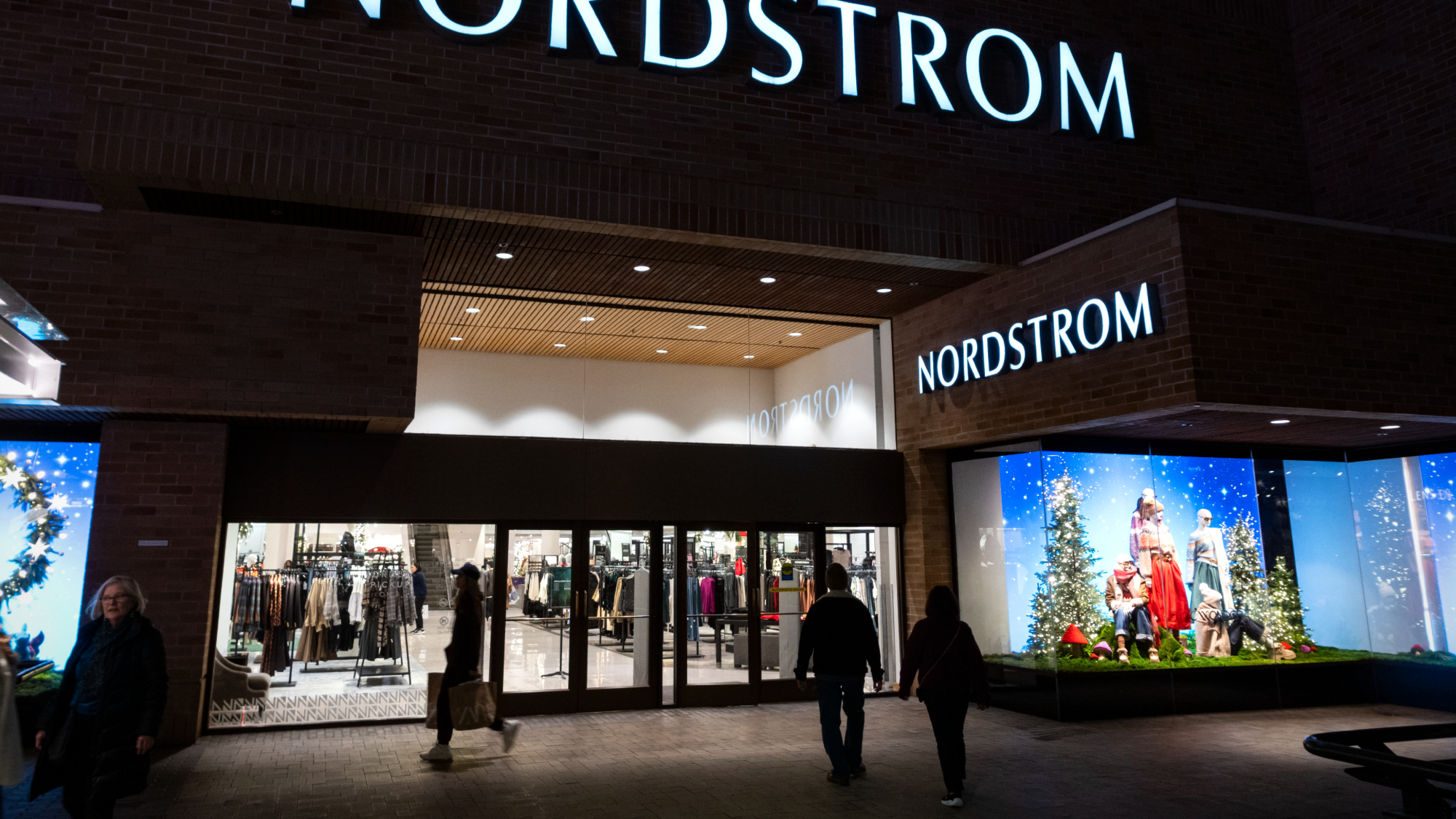Nordstrom family, investor to take retail chain private
The business will be acquired by members of the family and El Puerto de Liverpool, a Mexican real estate company


A free daily email with the biggest news stories of the day – and the best features from TheWeek.com
You are now subscribed
Your newsletter sign-up was successful
What happened
Members of the Nordstrom family said Monday they reached agreement to take their namesake department store chain private in a deal with Mexican retail group El Puerto de Liverpool that values the 123-year-old U.S. company at $6.25 billion. Nordstrom's board unanimously approved the deal, with CEO Erik Nordstrom and president Pete Nordstrom recusing themselves from the vote.
Who said what
The deal will leave the Nordstroms with majority ownership of the company, which began as a shoe store in Seattle in 1901. Traditional department stores "have suffered in the face of withering competition from giants like Walmart and Target" plus Amazon and "a host of fast-fashion brands," The Associated Press said. Private ownership may give the family "more leeway in reviving" the company.
Nordstrom has "faced challenges" but "fared better than its competitors, in part because of its favorable real estate and higher income clientele," The New York Times said. Macy's said it is closing 150 stores over the next three years and Saks Fifth Avenue is looking to merge with Neiman Marcus. The Container Store filed for Chapter 11 bankruptcy over the weekend while Party City and Big Lots are heading toward liquidation.
The Week
Escape your echo chamber. Get the facts behind the news, plus analysis from multiple perspectives.

Sign up for The Week's Free Newsletters
From our morning news briefing to a weekly Good News Newsletter, get the best of The Week delivered directly to your inbox.
From our morning news briefing to a weekly Good News Newsletter, get the best of The Week delivered directly to your inbox.
What next?
The Nordstrom deal is expected to close in the first half of 2025.
A free daily email with the biggest news stories of the day – and the best features from TheWeek.com
Peter has worked as a news and culture writer and editor at The Week since the site's launch in 2008. He covers politics, world affairs, religion and cultural currents. His journalism career began as a copy editor at a financial newswire and has included editorial positions at The New York Times Magazine, Facts on File, and Oregon State University.
-
 How the FCC’s ‘equal time’ rule works
How the FCC’s ‘equal time’ rule worksIn the Spotlight The law is at the heart of the Colbert-CBS conflict
-
 What is the endgame in the DHS shutdown?
What is the endgame in the DHS shutdown?Today’s Big Question Democrats want to rein in ICE’s immigration crackdown
-
 ‘Poor time management isn’t just an inconvenience’
‘Poor time management isn’t just an inconvenience’Instant Opinion Opinion, comment and editorials of the day
-
 The EU’s war on fast fashion
The EU’s war on fast fashionIn the Spotlight Bloc launches investigation into Shein over sale of weapons and ‘childlike’ sex dolls, alongside efforts to tax e-commerce giants and combat textile waste
-
 Buffett: The end of a golden era for Berkshire Hathaway
Buffett: The end of a golden era for Berkshire HathawayFeature After 60 years, the Oracle of Omaha retires
-
 Tariffs have American whiskey distillers on the rocks
Tariffs have American whiskey distillers on the rocksIn the Spotlight Jim Beam is the latest brand to feel the pain
-
 TikTok secures deal to remain in US
TikTok secures deal to remain in USSpeed Read ByteDance will form a US version of the popular video-sharing platform
-
 SiriusXM hopes a new Howard Stern deal can turn its fortunes around
SiriusXM hopes a new Howard Stern deal can turn its fortunes aroundThe Explainer The company has been steadily losing subscribers
-
 How will the Warner Bros. bidding war affect the entertainment industry?
How will the Warner Bros. bidding war affect the entertainment industry?Today’s Big Question Both Netflix and Paramount are trying to purchase the company
-
 Texas is trying to become America’s next financial hub
Texas is trying to become America’s next financial hubIn the Spotlight The Lone Star State could soon have three major stock exchanges
-
 US mints final penny after 232-year run
US mints final penny after 232-year runSpeed Read Production of the one-cent coin has ended
